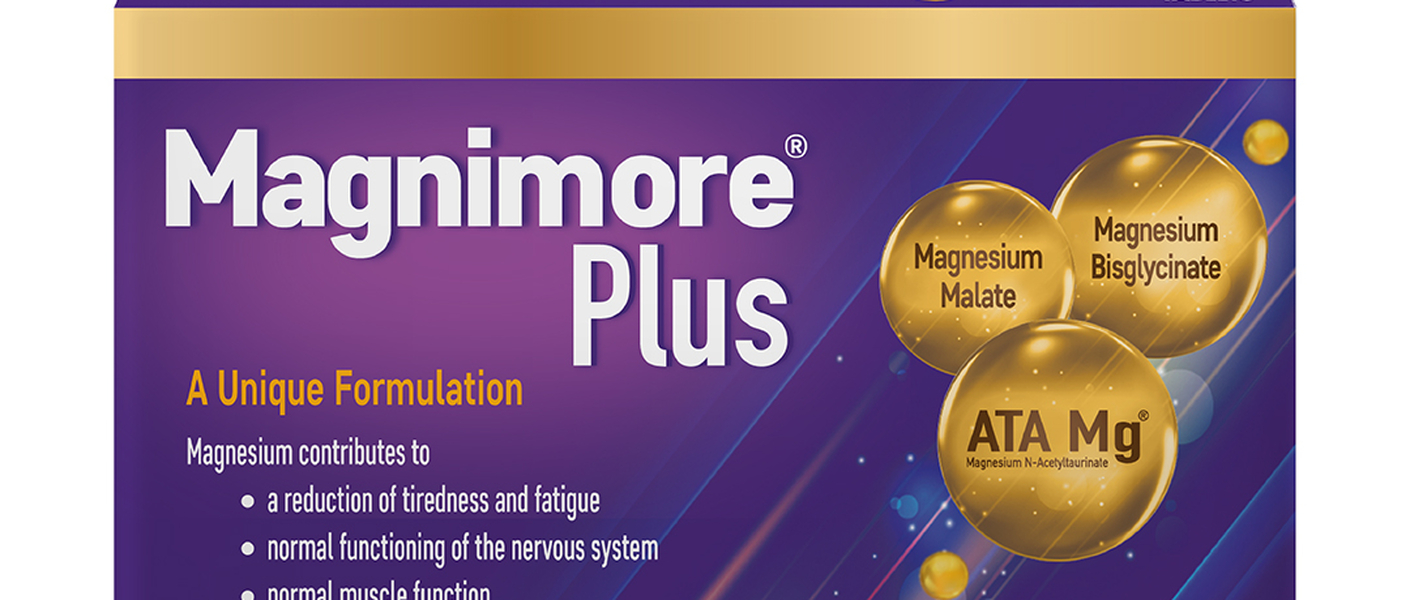
Magnesium is a mineral that your body needs for many functions, such as muscle movement, energy production, nerve signaling, and fluid balance.
You can get magnesium from foods like leafy greens, nuts, seeds, beans, whole grains, and dairy products. But sometimes you may not get enough magnesium from your diet because of various factors, such as poor soil quality, unhealthy food choices, digestive issues, or chronic conditions. In these cases, taking a magnesium supplement may be a good option to support your health and well-being.
One of the main benefits of magnesium supplements is that they can help you with fatigue, muscle building, energy, and electrolytes. These are all important aspects of your physical and mental performance, especially if you are an active person or an athlete. In this article, we will explain how magnesium supplements can help you with these areas and what the science behind them is.
We will also tell you how much magnesium you need and what are the different types of magnesium supplements you can choose from. Finally, we will give you some tips on where to get magnesium supplements and how to use them safely and effectively.
Fatigue is a feeling of tiredness and lack of energy that can affect your quality of life and productivity. It can be caused by many factors, such as stress, lack of sleep, poor nutrition, dehydration, infection, or chronic diseases.
Magnesium can help to reduce fatigue by supporting your energy metabolism and cellular function. Magnesium is part of a molecule called ATP, which is the main energy source for your cells. It also helps to activate enzymes that are essential for various biochemical reactions in your body.
Moreover, magnesium can help to improve your sleep quality and duration by regulating your body clock and sleep hormone. Magnesium can also help to reduce stress and anxiety by modulating your nervous system and neurotransmitters.
Magnesium supplements can help to reduce fatigue in different people. Some people may feel more alert and energetic after taking magnesium supplements. Some people may sleep better and longer after taking magnesium supplements. Some people may feel less stressed and anxious after taking magnesium supplements.
Muscle building is a process that involves breaking down and repairing muscle fibers through exercise and nutrition. Magnesium can help to build muscle by facilitating muscle contraction and relaxation, protein synthesis, and hormone regulation.
Magnesium is required for the activation of calcium channels that allow calcium ions to enter the muscle cells and trigger contraction. It also helps to relax the muscles by removing calcium ions from the cells and preventing overstimulation. Magnesium is also involved in the synthesis of proteins that are essential for muscle growth and repair. Furthermore, magnesium can help to regulate hormones that affect muscle building, such as testosterone, growth hormone, IGF-1, and insulin.
Energy is the capacity to do work or perform physical or mental activities. Magnesium can help to increase energy by boosting your metabolism and oxygen delivery. As mentioned earlier, magnesium is involved in the production of ATP, which is the main source of energy for your cells. It also helps to activate enzymes that are involved in carbohydrate, fat, and protein metabolism.
Moreover, magnesium can help to increase energy by improving your oxygen delivery and utilization. Magnesium is required for the synthesis of hemoglobin, which is the protein that carries oxygen in your red blood cells. It also helps to relax your blood vessels and lower your blood pressure, which can improve your blood flow and oxygen delivery to your tissues.
Electrolytes are minerals that carry electrical charges in your body fluids. They are important for maintaining fluid balance, pH balance, nerve and muscle function, and heart rhythm. Magnesium is one of the major electrolytes in your body, along with sodium, potassium, calcium, chloride, and phosphate.
Magnesium can help to balance electrolytes by regulating their transport and exchange across cell membranes. It also helps to maintain the electrical potential of your cells, which is essential for nerve and muscle impulses. Magnesium can also help to balance electrolytes by preventing or correcting electrolyte imbalances that can occur due to dehydration, diarrhea, vomiting, sweating, or kidney problems.
Magnesium supplements can help to balance electrolytes in different people. Some people may prevent or correct low magnesium and low potassium levels after taking magnesium supplements. Some people may improve their electrolyte balance and fluid status after taking magnesium supplements. Some people may prevent or correct low sodium levels after taking magnesium supplements.
Summary of the key benefits of magnesium supplements
You may consider taking magnesium supplements if you:
You can purchase magnesium supplements from various sources, such as online retailers, health food stores, pharmacies, or supermarkets. However, before you buy any supplement, you should:
Magnesium supplements are generally safe and well-tolerated by most people. However, some people may experience mild side effects such as diarrhea, nausea, abdominal cramps, or bloating. These side effects can be avoided or minimized by taking lower doses or dividing them throughout the day. Magnesium supplements can also interact with some medications or supplements, such as antibiotics, diuretics , bisphosphonates , calcium , zinc , or iron . Therefore, you should consult your doctor or pharmacist before taking magnesium supplements if you are using any other medications or supplements.
Magnesium supplements can be a valuable addition to your diet if you want to improve your health and well-being. By following the tips in this article, you can choose the best form of magnesium for your needs and use it safely and effectively.
Disclaimer: Magnimore® Plus is not a substitute for professional medical advice. Always consult with a healthcare professional before taking any new supplement, especially if you have any underlying health conditions or are taking any medications. This product is not intended to diagnose, treat, cure, or prevent any disease.
Magnesium has been scientifically proven to be a cofactor in the essential function of more than 300 enzymes in the human body. You simply won’t feel right without it.